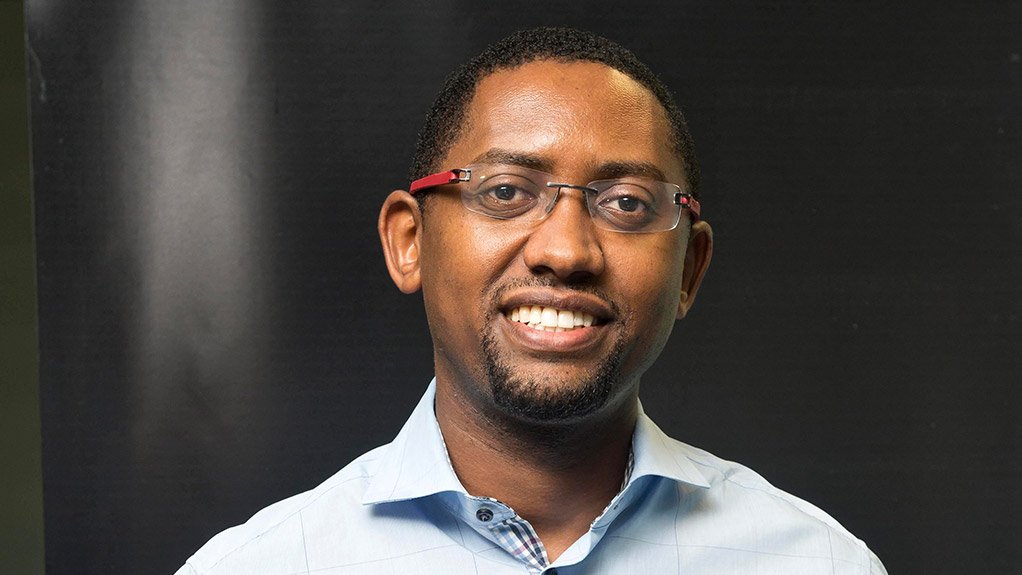Information technology (IT) company IBM’s second research laboratory in Africa, in Braamfontein, Johannesburg, is a “seed for change and a catalyst for the technology revolution” taking place, says IBM research: Africa director Dr Solomon Assefa.
The laboratory is located at the University of the Witwatersrand (Wits) Tshimologong Digital Innovation Hub, a precinct developed by the Wits Johannesburg Centre for Software Engineering (JCSE) and a network of partners. No other IBM research laboratory is located within an enterprise development hub.
Scientists at the IBM laboratory are studying epidemiology and the communication of tuberculosis, cancer metastasis, atmospheric pollution, urban ecosystems, cognitive computing and radio astronomy, among others, he highlights.
The new laboratory, which also has its own cloud data centre and access to IBM’s Watson cognitive computer, will focus on research in issues regarded as critical by African States, such as safety, healthcare systems and smart city systems. The laboratory also provides access to these systems and IBM’s other systems for entrepreneurs.
“We want to foster the innovation ecosystem in South Africa,” says Assefa.
The laboratory focuses on cognitive computing systems, the Internet of Things (IoT) and cloud computing and mobile computing.
“Cloud computing and mobile computing are leading to big breakthroughs in the area of data-driven healthcare, while cognitive computing systems are revolutionising clinical decision-making and public healthcare policymaking. Cognitive IoT systems are helping city officials to make better decisions, improve service delivery and develop holistic and sustainable policy frameworks.”
The laboratory is also using its cognitive systems to support the international Square Kilometre Array (SKA) radio astronomy project “to make big science discoveries and breakthroughs, and use the techniques to manage the very large dataset from the radio telescope to advance machine learning that will lead to the next era of cognitive computing”.
Wits University deputy vice chancellor and head of research Professor Zeblon Vilakazi highlights that half of the university’s enrolments will be postgraduates by 2020.
The laboratory will also act as a national centre of excellence for mathematics and science, as well as functioning as a node for the National Institute of Theoretical Physics.
“The laboratory has received funding from the Department of Science and Technology for postgraduates in the school of data sciences. The partnership with IBM is helping the university to advance big data cloud systems and mobile technologies to support national priorities alongside those of the Tshimologong precinct that will reinvigorate Braamfontein and the City of Johannesburg.”
The IBM research lab provides access to the laboratory for certain of the precincts’ start-up ventures and entrepreneurs can work directly with the scientists. IBM helps the start-ups to differentiate their intellectual property and accelerate their technology development, says Vilakazi.
“IBM knows how to scale technology and we know the value of collaboration to bring out the best ideas. We also get the start-ups to use our cloud systems and cognitive technologies, and they develop into mature enterprises having used these systems as part of their daily operations,” concludes Assefa.
Edited by: Martin Zhuwakinyu
Creamer Media Senior Deputy Editor
EMAIL THIS ARTICLE SAVE THIS ARTICLE
To subscribe email subscriptions@creamermedia.co.za or click here
To advertise email advertising@creamermedia.co.za or click here













